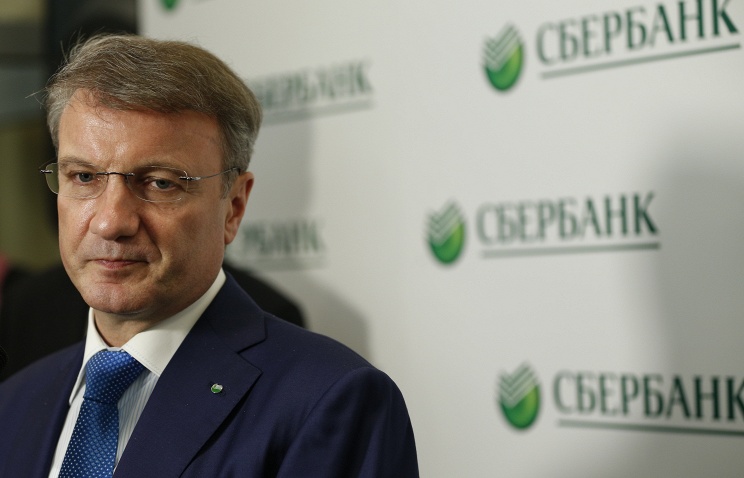
Chief Executive Officer of Russia’s top lender Sberbank expects the trend of weakening ruble to persist in 2016, he said in an interview.
“Oil prices are very tightly bound to the Federal Reserve policy. All key trends are related to further reduction. The dollar is most likely to strengthen. The Federal Reserve will tighten its policy, which means dollars will outflow from the biggest derivatives market, meaning the oil market. From the viewpoint of the monetary environment the oil price will fall, pushing the ruble down,” Gref said.
However, the current crisis will be less painful for entrepreneurs than the crisis of 2009, Sberbank CEO noted. “To our surprise, this crisis is much less painful than the crisis of 2009. It is beneficial to borrowers. A lot of these “bubbles” — entrepreneurs snapped in 2008-2009,” he said.
Gref noted that currently the banking sector has much less of fraudulent schemes. “We see that businessmen want to fight to save their companies,” he added. According to Gref, the difficult situation in the banking sector continues, but 2016 will be easier for the banks. “The most difficult year for banking was 2015. If no further extraordinary events happen next year, this year is likely to be generally easier for the banking sector, not for the economy as a whole,” Sberbank CEO concluded.